Zoloft: Comprehensive Product Description
Active Ingredient and Mechanism of Action
Zoloft contains sertraline as its active ingredient, a selective serotonin reuptake inhibitor (SSRI) widely used in the treatment of depression and anxiety-related disorders. It works by blocking the reabsorption of serotonin by neurons, allowing for an increased concentration of this neurotransmitter in the synaptic cleft. By restoring serotonin levels in the brain, Zoloft helps improve emotional stability, reduces symptoms of anxiety and depression, and enhances overall mood. Its targeted action on serotonin receptors significantly alleviates conditions like panic disorder, social phobia, and obsessive-compulsive disorder. Unlike some antidepressants, Zoloft has minimal effects on norepinephrine and dopamine receptors, meaning it does not cause excessive stimulation or sedative effects. Additionally, it does not lead to dependence, making it a preferred choice for long-term treatment of mood disorders.
Therapeutic Benefits
The effect of Zoloft on serotonin receptors contributes to a notable improvement in mental well-being. Patients experience an elevation in mood, a reduction in excessive anxiety and phobias, and a decrease in compulsive thoughts and behaviors. Many also report relief from feelings of emotional distress, improved sleep patterns, and a more balanced appetite. Clinical studies have shown that long-term use of Zoloft may lead to a downregulation of adrenaline receptors in the brain, further stabilizing mood and reducing the likelihood of depressive relapses.
Indications
Zoloft is prescribed for the treatment and prevention of relapses in the following conditions:
- Major depressive disorder
- Social anxiety disorder
- Obsessive-compulsive disorder
- Bipolar depression
- Panic disorder
- Generalized anxiety disorder
- Panic disorder with agoraphobia
- Post-traumatic stress disorder (PTSD)
Safety Information
Dosage and Administration
Zoloft is taken orally, typically once a day in the morning or evening. The dosage is determined by a healthcare professional based on the patient’s condition and response to treatment. Food intake does not affect the drug’s efficacy, allowing for flexible administration times. It is important to follow the prescribed dosage and avoid sudden discontinuation to prevent withdrawal symptoms.
Contraindications
Zoloft should not be used in individuals with the following conditions:
- Known hypersensitivity to sertraline
- Concurrent use of monoamine oxidase inhibitors (MAOIs) or pimozide
- Pregnancy and breastfeeding
- Children under six years old
- Severe organic brain diseases
- Epilepsy
- Severe hepatic or renal impairment
- Unexplained or extreme weight loss
Potential Side Effects
While Zoloft is well-tolerated by most patients, some may experience side effects, particularly during the initial phase of treatment. Common side effects include nausea, bloating, dry mouth, constipation, diarrhea, and mild stomach discomfort. Some patients may also experience mild dizziness, drowsiness, insomnia, headaches, or nervousness. These symptoms often resolve as the body adjusts to the medication.
Rare but Serious Side Effects
In rare cases, Zoloft may cause more severe reactions, requiring immediate medical attention. These include:
- Rapid or irregular heartbeat
- Severe dizziness or fainting
- Unusual bleeding or bruising
- Seizures or convulsions
- Severe allergic reactions such as rash, swelling, or difficulty breathing
- Serotonin syndrome, characterized by confusion, hallucinations, fever, and muscle stiffness
Precautions and Drug Interactions
Patients with liver or kidney disease should use Zoloft with caution, as dosage adjustments may be required. It should not be taken alongside other serotonin-modulating medications without medical supervision to prevent serotonin syndrome. Caution is also advised when combining Zoloft with blood thinners, NSAIDs, or alcohol, as these can increase the risk of side effects.
Storage Instructions
Zoloft should be stored at room temperature between 15°C and 30°C in its original container, away from excessive heat, moisture, and direct light. Proper storage ensures the medication remains effective throughout its intended use.
Conclusion
Zoloft is a trusted and widely prescribed antidepressant that effectively restores serotonin balance in the brain, helping patients manage depression, anxiety, and related disorders. Its long-term use can significantly improve emotional well-being without the risk of dependence. By following medical guidance and adhering to the prescribed dosage, patients can experience meaningful relief from symptoms and achieve a better quality of life.

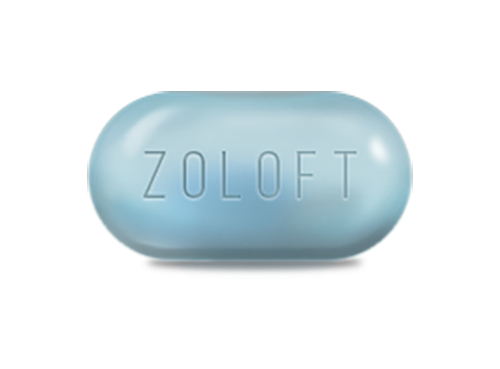

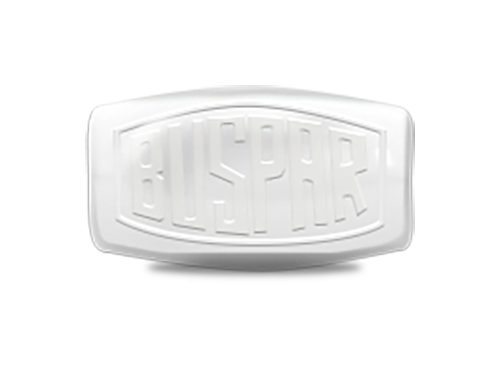
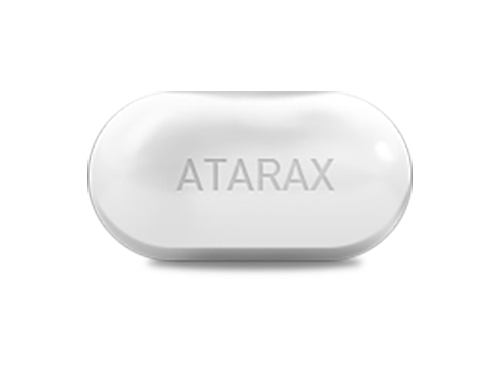

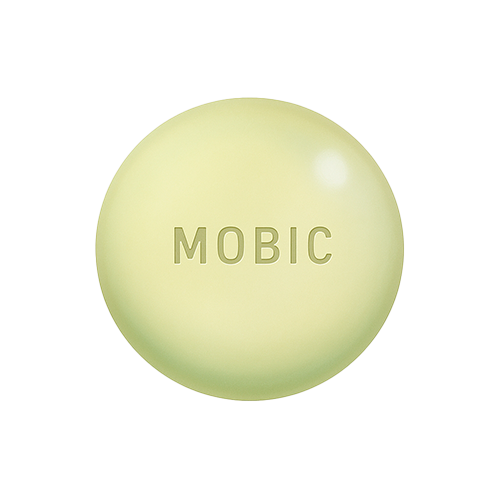
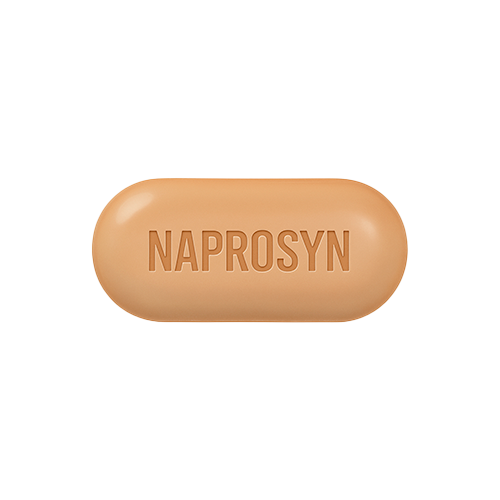
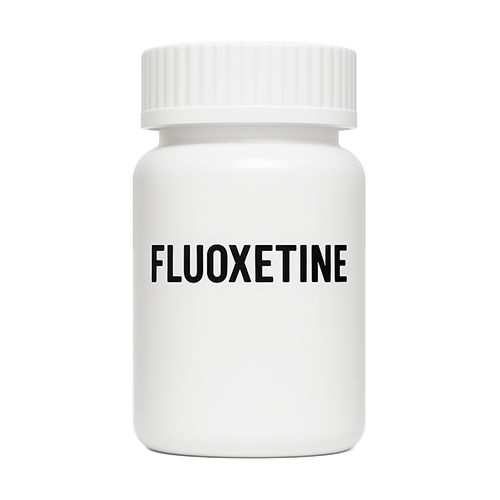
Reviews
There are no reviews yet.